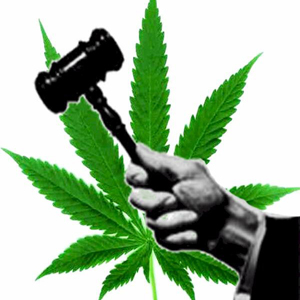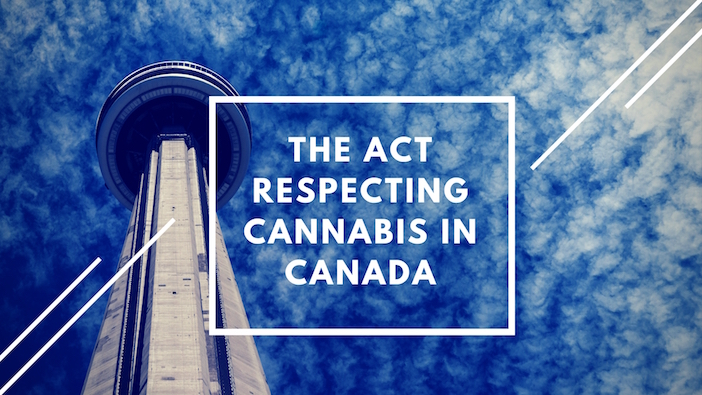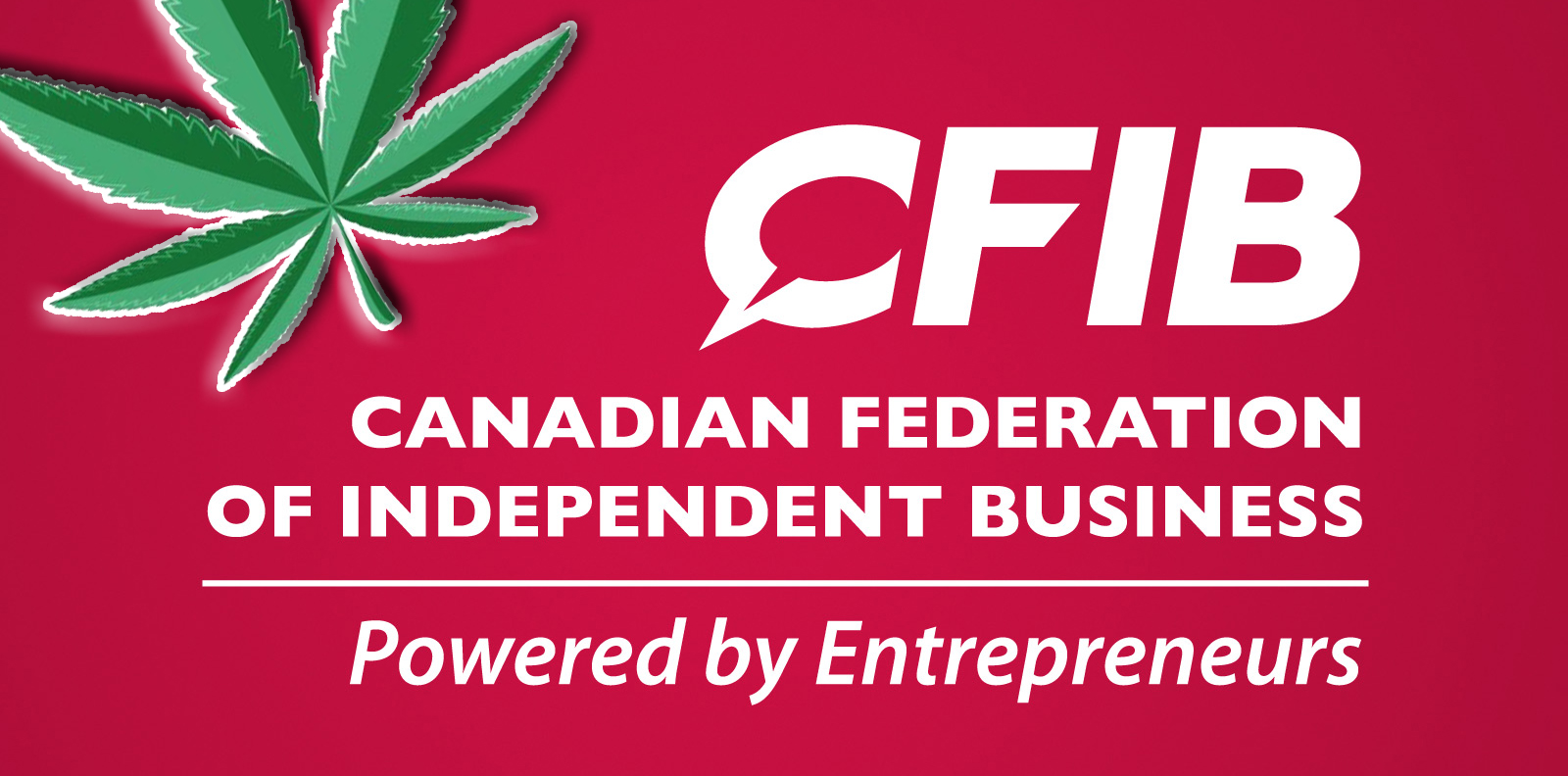A 1972 report on cannabis first commissioned, and then rejected, by drug war hawk, Richard Nixon, was titled Marijuana: A Signal of Misunderstanding. That sounds about right for Justin Trudeau’s Cannabis Act, Bill C-45, which might better be called, Cannabis: A Signal of Willful Ignorance. Why ignorance? To begin, its use of oppressive penalties is suitable to stamping out an industry run by slimy gangs who target kids. But the existing industry is 95% free from this element. Second its insistence on federal control over production leaves a province like BC no clear way to protect its own vibrant, legacy industry. Third, its silly requirements for home growing are suited for people who have never grown anything. Most of us know that the Bill’s height requirements for plants, for example, are meaningless. In what follows, the first of a trio of blogs on this subject, I will focus on the kid issue. In this regard, I will argue that Bill C-45 is a design for an imaginary nation riddled with mythical predators, empty of common sense, lacking a nuanced, holistic understanding of youth in society, and is unlikely to reach its goal of altering behaviour. Along the way, I’ll consider the Bill’s impact on justice.
In a recent article in Canadian Lawyer, Ottawa based lawyer, Michael Spratt, quotes Bill Blair, speaking out on the subject of “kids buying pot from gangsters in stairwells.” Wow. Mr. Blair, who has never tried cannabis, and says he has no plans to try it, is nevertheless delusional. If you Google ‘gangs selling to kids in stairwells,’ you will be directed to a book called The Economics of Crack, by John Clarke. Gangs of kids who live in American slums labeled ‘the projects,’ and who sell crack cocaine, have apparently been known to meet in stairwells. C-54 should not reflect practices in crack sales. Canadian teens get their cannabis from friends or neighbours, just a little older than they are, and sometimes from parents practicing harm-reduction, not from Bogeymen.
 But maybe this Bill does reflect the sale of harder drugs. Consider the 14 years in prison, or at least 6 months, plus substantial fines, promised by the Cannabis Act, to the aforementioned friends, neighbours, and parents. Does that sound right for the cannabis plant? Or for the people? And then consider the downstream consequences for justice. It is said that heavy prison sentences enshrined in law take the right of discretion away from judges. I’m sure that’s true. But they also add, thereby, a terrifying weight to the discretion exercised by law enforcement officers. And that’s a weight absolutely corrosive to fairness. We know from experience that police in some areas of Canada will be much tougher regarding cannabis than their counterparts elsewhere. Thus we can be safe in guessing that Bill C-45 will exacerbate the uneven application of laws so characteristic of life with cannabis in Canada. I suspect the teens will shake their heads, give up on us, and just learn to hide better.
But maybe this Bill does reflect the sale of harder drugs. Consider the 14 years in prison, or at least 6 months, plus substantial fines, promised by the Cannabis Act, to the aforementioned friends, neighbours, and parents. Does that sound right for the cannabis plant? Or for the people? And then consider the downstream consequences for justice. It is said that heavy prison sentences enshrined in law take the right of discretion away from judges. I’m sure that’s true. But they also add, thereby, a terrifying weight to the discretion exercised by law enforcement officers. And that’s a weight absolutely corrosive to fairness. We know from experience that police in some areas of Canada will be much tougher regarding cannabis than their counterparts elsewhere. Thus we can be safe in guessing that Bill C-45 will exacerbate the uneven application of laws so characteristic of life with cannabis in Canada. I suspect the teens will shake their heads, give up on us, and just learn to hide better.
Then there is the matter of brain damage. Conservatives love to rant about ‘marijuana’ riding roughshod over the poor teenage brain. Maybe it does. Maybe it doesn’t. Scientists tell us that cannabis is neuro-protective. But it is certain that harsh laws do very bad things to kids’ lives. In her book, Killer Weed, criminologist, Susan Boyd, notes that in 2005, 50 children in BC were taken away from their parents because the parents grew cannabis. How many more Canadian children have suffered in this way? How can the arrests of parents or friends be good for your brain? Arrests are traumatic. And if, when this Bill becomes law, a 16-year old fellow is caught with a joint, will he be pressured by police to reveal the source? That’s a heavy moral burden, and surely awful for his brain. Will he then have to witness the pain of friends prosecuted? Will that help his math grades? And while we’re at it, there’s this. Ending cannabis prohibition is supposed to support young people, especially those with psychological difficulties. A good plan would be to remove the aura of risk-taking that has surrounds cannabis, so that teens stuck on risk-taking behaviours would not feel lured. The Cannabis Act does the opposite. Prohibition may be on its way out, but the irrational mentality that rides with it, it seems, will remain for a while longer.
 The teen issue is supposedly supported by a 2011 UNICEF report, according to which Canadians teens (15 year olds) rank highest amongst teens in developed nations, in cannabis consumption—28% claim to have tried it. That figure, according to a Globe and Mail Report in April of 2013, comes from a study done by the World Health Organization in 2009. CAMH, the Canadian Centre for Mental Health, conducted a study in 2011 that put the figure at 22%. Correlations are tricky things. The same UNICEF study shows Canadian teens as extraordinarily low in tobacco consumption, moderate in alcohol use, and high in physical exercise. They also rank high in child poverty, and low in college participation. What does all that mean in relation to cannabis? Frankly, I don’t think anybody knows. Perhaps Canadian teens, like the rest of us, occasionally feel the need for a shot of something to soothe them. If so, they appear to prefer cannabis. If we make cannabis much harder to obtain, will they turn to more alcohol and tobacco, or to something still more forbidden? And then there is this. The Netherlands, which has maintained a relaxed attitude toward cannabis since the 1970s, ranks among the highest in all health factors for teens, with relatively low cannabis consumption amongst 15-year olds.
The teen issue is supposedly supported by a 2011 UNICEF report, according to which Canadians teens (15 year olds) rank highest amongst teens in developed nations, in cannabis consumption—28% claim to have tried it. That figure, according to a Globe and Mail Report in April of 2013, comes from a study done by the World Health Organization in 2009. CAMH, the Canadian Centre for Mental Health, conducted a study in 2011 that put the figure at 22%. Correlations are tricky things. The same UNICEF study shows Canadian teens as extraordinarily low in tobacco consumption, moderate in alcohol use, and high in physical exercise. They also rank high in child poverty, and low in college participation. What does all that mean in relation to cannabis? Frankly, I don’t think anybody knows. Perhaps Canadian teens, like the rest of us, occasionally feel the need for a shot of something to soothe them. If so, they appear to prefer cannabis. If we make cannabis much harder to obtain, will they turn to more alcohol and tobacco, or to something still more forbidden? And then there is this. The Netherlands, which has maintained a relaxed attitude toward cannabis since the 1970s, ranks among the highest in all health factors for teens, with relatively low cannabis consumption amongst 15-year olds.
 To my mind, the 28% figure, though waved about frequently by the Task Force and the media, is not helpful. It is said to be important because studies have suggested that cannabis impairs thinking and decision-making in the developing brain. The Task Force pushes these points to justify harsh punishments for suppliers. But we never hear of comparable studies on alcohol or tobacco and the teen-age brain. How do they affect thinking and decision-making? Is cannabis really worse than they are? How about the 16-ounce sodas, at over three tablespoons of sugar each, so heavily advertised to teens by the food industry? Or 7-Eleven’s Super Big Gulp, with over 7 tablespoons—nearly half a cup—of sugar? Are they better for cognition? What about Red Bull and Rock Star, with their high doses of caffeine? What do these, if taken regularly by teens, do to memory and impulse control? Maybe we should start arresting the suppliers of those things. For nearly a hundred years, we’ve heard the gospel that cannabis is unique in its badness for young people: Marijuana, Assassin of Youth! This message is neither science nor common sense. It’s religion, and bad religion at that.
To my mind, the 28% figure, though waved about frequently by the Task Force and the media, is not helpful. It is said to be important because studies have suggested that cannabis impairs thinking and decision-making in the developing brain. The Task Force pushes these points to justify harsh punishments for suppliers. But we never hear of comparable studies on alcohol or tobacco and the teen-age brain. How do they affect thinking and decision-making? Is cannabis really worse than they are? How about the 16-ounce sodas, at over three tablespoons of sugar each, so heavily advertised to teens by the food industry? Or 7-Eleven’s Super Big Gulp, with over 7 tablespoons—nearly half a cup—of sugar? Are they better for cognition? What about Red Bull and Rock Star, with their high doses of caffeine? What do these, if taken regularly by teens, do to memory and impulse control? Maybe we should start arresting the suppliers of those things. For nearly a hundred years, we’ve heard the gospel that cannabis is unique in its badness for young people: Marijuana, Assassin of Youth! This message is neither science nor common sense. It’s religion, and bad religion at that.
The Cannabis Act, without doubt, is a step forward in the history of cannabis prohibition. We have progress, and that is something to celebrate. But as the Act reads, Canadians will, at great expense, be building a labyrinthine regulatory cage, with multiple locks at every entrance, from which growers and producers will dangle like marionettes from strings held by the Ministries of Health, Justice, and Public Safety. Anywhere outside of this cage, we risk being drawn and quartered, boiled in oil, or at least prosecuted and imprisoned. I fail to see how teens will change their behavior in response to this structure. There is barely a shred of joy in it. Bill C-45 contains one positive objective: to provide, it states, quality controlled cannabis for Canadians. That’s good, especially if it allows enough of us to join the production party. Meanwhile, the last I heard, if you want to change what young people do, you really have to go out and talk to them. Cages do nothing. Talk to the eighteen-year olds, and talk to their friends, the sixteen-year olds. And when you do, avoid absolutely, the impulse to preach zero tolerance, or abstinence, because those are words of war. What Canadians should have as an objective, if they want to be sensible, is low to very moderate consumption of cannabis by the teens that choose it. Threatening to torture their usual suppliers is not in keeping with this objective. Neither is it in keeping, as I see it, with civilized life.




